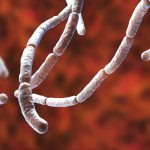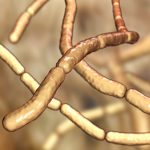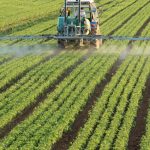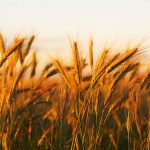
Header Menu
The herbicidal activity of 3 species of Baccharis
Wednesday, October 10, 2018 by RJ Jhonson
http://www.naturalnewspesticides.com/2018-10-10-the-herbicidal-activity-of-3-species-of-baccharis.html
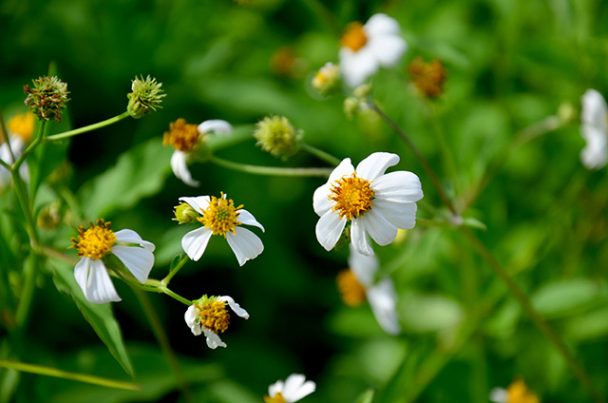
Bidens pilosa, also known as blackjack, cobbler’s peg, and Spanish needle, among others, is a noxious weed in Africa, North America, Asia, and other parts of the world. In a study published in Allelopathy Journal, researchers tested the natural herbicidal properties of three North American shrubs in genus Baccharis (B. dentata, B. uncinella, and B. anomala) against B. pilosa, as well as their effect on lettuce (Lactuca sativa).
- The researchers analyzed the presence and concentration of phenolic compounds in aqueous and ethanolic extracts of B. dentata, B. anomala, and B. uncinella.
- They found that between B. pilosa and L. sativa, the former was more sensitive to both aqueous and ethanolic extracts at concentrations of 2.5, 5, 7.5, and 10 percent.
- Aqueous extracts of B. uncinella and B. anomala inhibited the germination of blackjack by 80 percent. The ethanolic extract of B. anomala (five to 10 percent) and B. uncinella (2.5 to 10 percent) caused 100 percent mortality of blackjack seedlings.
- Analysis revealed that the aqueous extracts had greater concentrations of phenolic compounds than the ethanolic extracts. Furthermore, both extracts contained large concentrations of catechin in all the Baccharis species that were used in the study.
The researchers concluded that B. uncinella was the most effective of the three Baccharis species in terms of potential as a natural herbicide.
Learn about the interactions of plants and how they affect the ecosystem at Ecology.news.
Journal Reference:
Dias M, Nozari R, (Brasil) ES. HERBICIDAL ACTIVITY OF NATURAL COMPOUNDS FROM BACCHARIS SPP. ON THE GERMINATION AND SEEDLINGS GROWTH OF LACTUCA SATIVA AND BIDENS PILOSA. Allelopathy Journal. 2017;42(1):21–36. DOI: 10.26651/2017-42-1-1103
Tagged Under: Tags: , agriculture, allelopathy, Baccharis, Bidens pilosa, blackjack, farming, gardening, harvest, invasive species, invasive weeds, Lactuca sativa, Natural Alternatives, natural herbicide, Spanish needle, weed control, weeds

